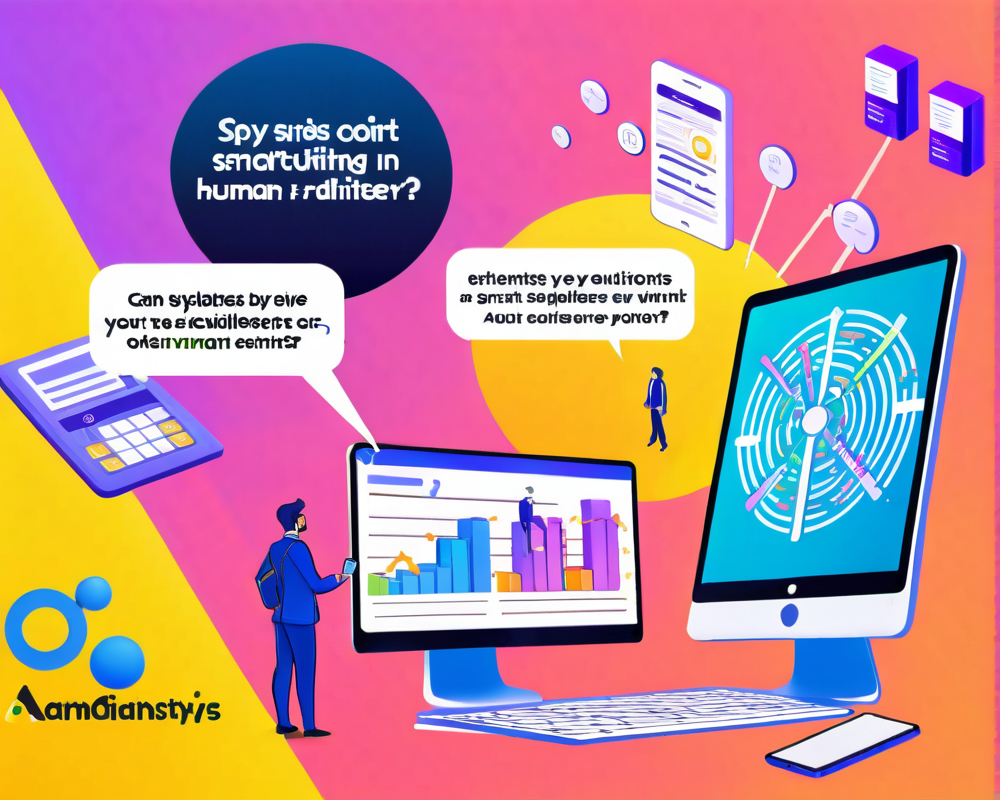A Year in Review: eNaira’s Performance
Nigeria’s eNaira has reached its first birthday, and the International Monetary Fund (IMF) recently popped the confetti with a working paper. Our dear eNaira, born in October 2021 as the world’s second central bank digital currency (CBDC) following the Bahamian Sand Dollar, celebrated a year filled with both applause and constructive criticism.
Laudable Yet Learning: The eNaira Story
According to the IMF researchers, eNaira’s debut year was “laudable.” But let’s face it; no birthday party is complete without some suggestions for improvement. The report highlighted that while the retail segment is cruising smoothly regarding latency, adoption among everyday users feels about as lacking as party snacks at a gathering of fitness enthusiasts.
Adoption Schmadoption: The Numbers Game
Only 1.5% of eNaira wallets show signs of life on any given week. Completing a grand total of 802,000 transactions during the assessed period translates to a chillingly low average of less than one transaction per wallet. And let’s not forget—less than 1% of Nigerian bank accounts have wallets. The takeaway? More engagement is needed; it’s the digital equivalent of realizing your best party trick isn’t really captivating anyone.
Bridging the Gap with Mobile Money Operators
The paper ponders whether the eNaira could engage meaningfully with mobile money operators (MMOs) across Nigeria. Could the eNaira be a friendly competitor in the retail space, or perhaps a reliable sidekick? The researchers hinted that while the eNaira could hardly replace MMOs and their vast networks, building bridges could rattle the industry more than a few jingle bells during the holiday season.
Recommendations for Growth: Time to Step Up
To enhance eNaira’s utility, the IMF put forth several strategies, including utilizing the CBDC for social payments alongside MMOs to facilitate smoother cash transfers. Another suggestion? Encourage merchants to hop on the eNaira train for a smooth ride to get more people joining the party. While the Central Bank of Nigeria is working on improving inclusivity, the remittance situation still feels akin to an awkward family gathering—no one knows how to break the ice.




